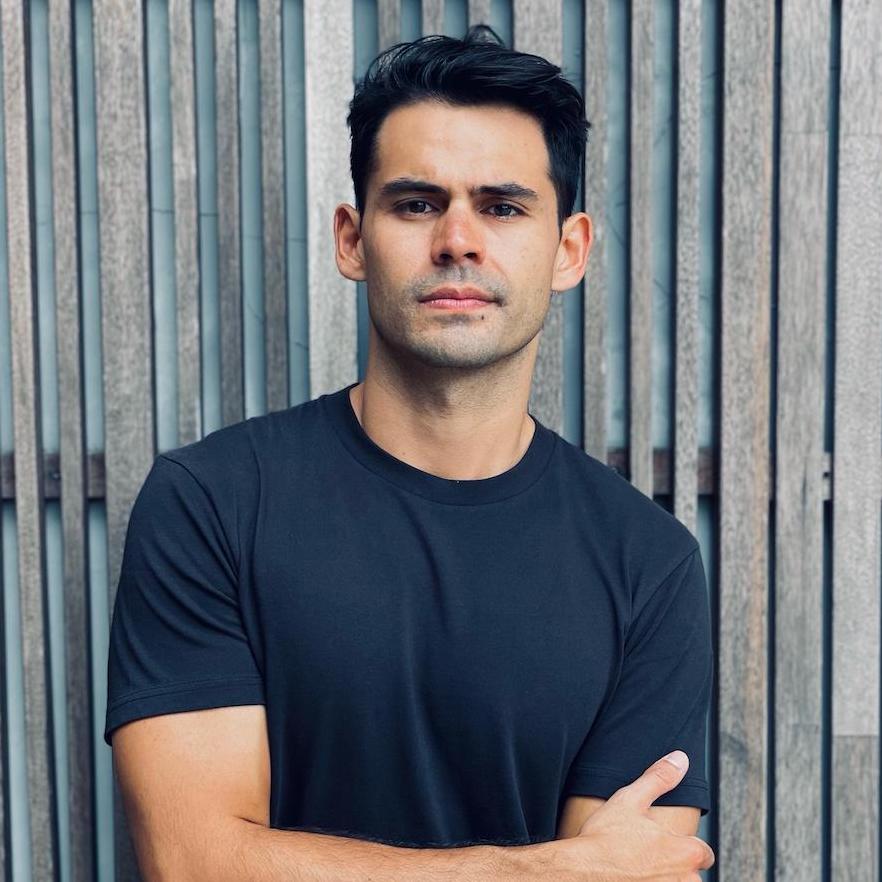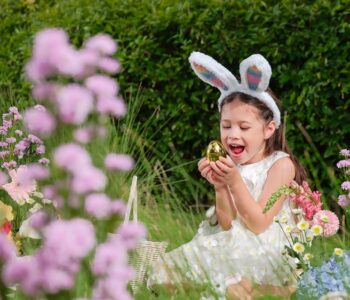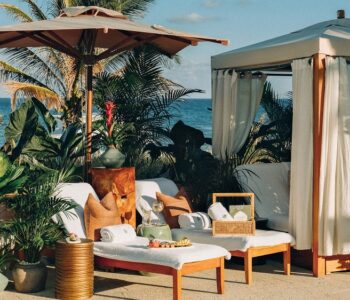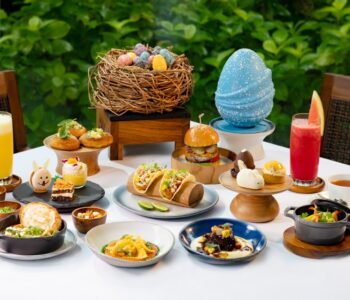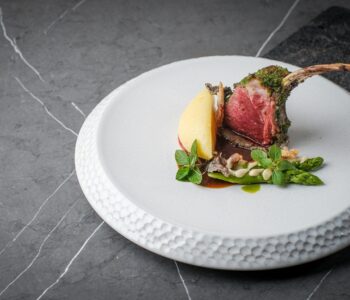Tucked away in the depths of Karangasem Regency, blending seamlessly into its village surrounds, is Samsara Living Museum. This one-of-a-kind museum aims to showcase elements of everyday life on the island and educate visitors on the ever-important ‘circle of life’ so central to rite and ritual among the Balinese Hindu.
Samsara, the cycle of reincarnation. The continuous journey of one’s soul, both through life and the after-life, on its age-long mission to reach ultimate enlightenment, moksa, where it becomes one with the universe. Part of this journey, from pre-birth to post-death, is enacted in the rites of passage of the Balinese Hindu, known as the pitra yadnya. So, although Balinese ceremonies appear to serve a singular function — a tooth-filing, a wedding, a cremation — they are all a part of one big picture. They all serve the continuation of samsara.
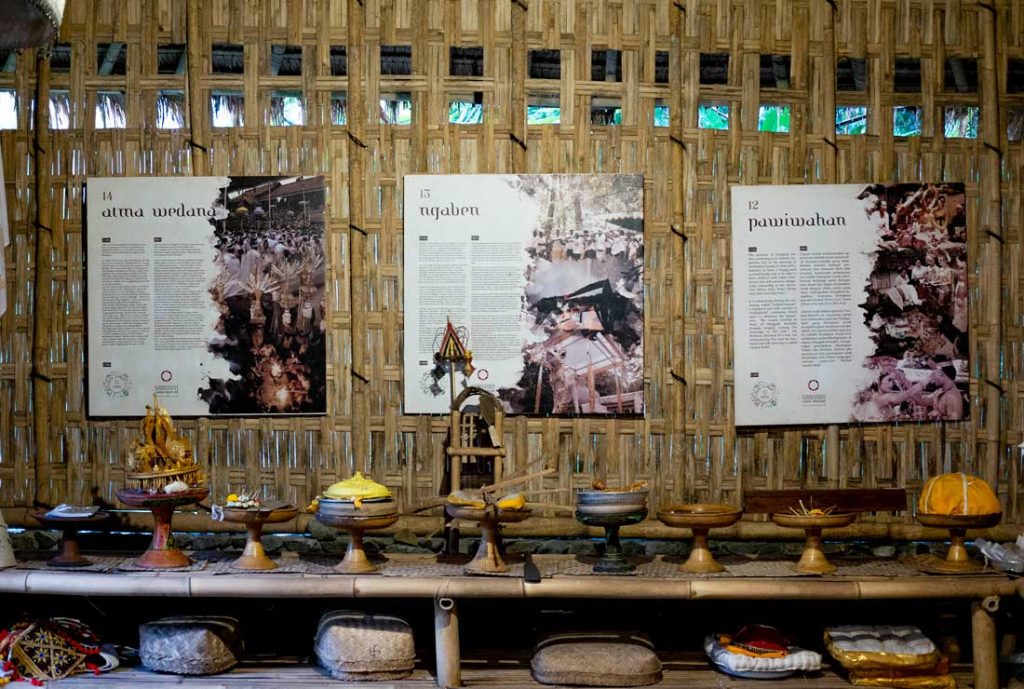
This is all put on display in Samsara Living Museum. How these rites and philosophies play out in everyday life are showcased around the grounds, introduced in detail inside the exhibition building.
Located in Jungutan village in the rural interiors of Karangasem, Samsara is rather inconspicuous. With its traditional buildings spread across a large, thriving garden surrounded by jungle and bamboo forest, the museum could easily be mistaken for one of the humble housing compounds in the area. Co-Founder Ida Bagus Agung Gunartawa, or Gus Agung, shared with NOW! Bali that this was part of the design. It had to feel genuine, almost borderless, a starting place to explore the village further. Indeed, this is welcomed, as Samsara invites visitors into the homes of neighbouring locals.
Samsara is but one part of a larger plan for Karangasem, Bali’s lowest income regency, challenged by dry lands (87%), distance from tourists and tourist areas, and of course disaster, as shown by the eruption of Mt. Agung back in 2017. Together with five other venues, from the Lontar Museum to Tenganan Pegringsingan village, they hope to brand the regency as a destination to experience an authentic Bali — the one many expect to see when they visit the island for the first time. Essentially turning Karangasem’s ‘weakness’, i.e. lack of development, into its strength.
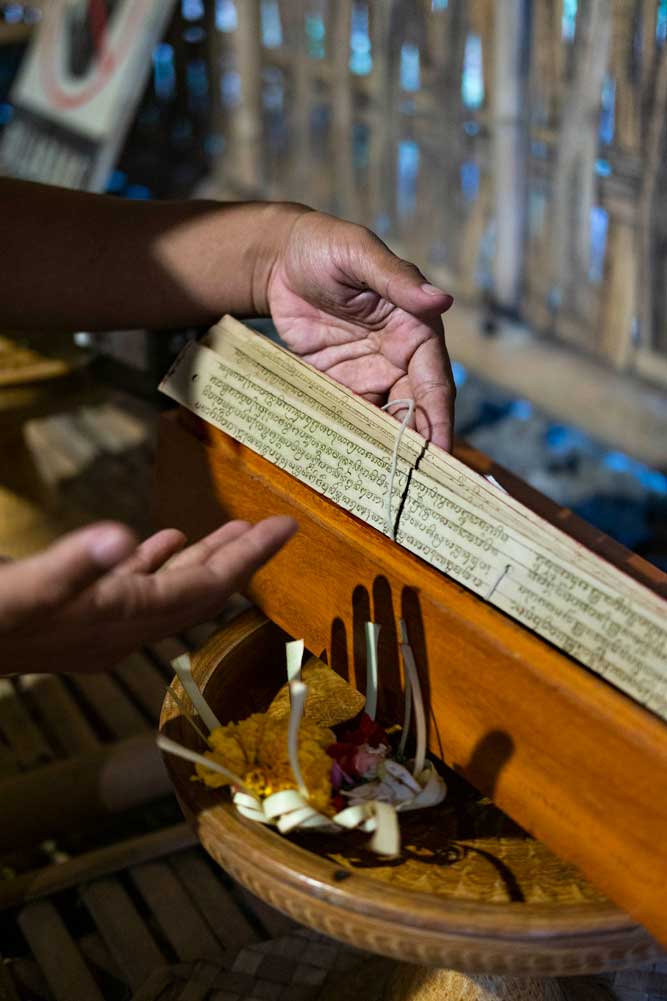
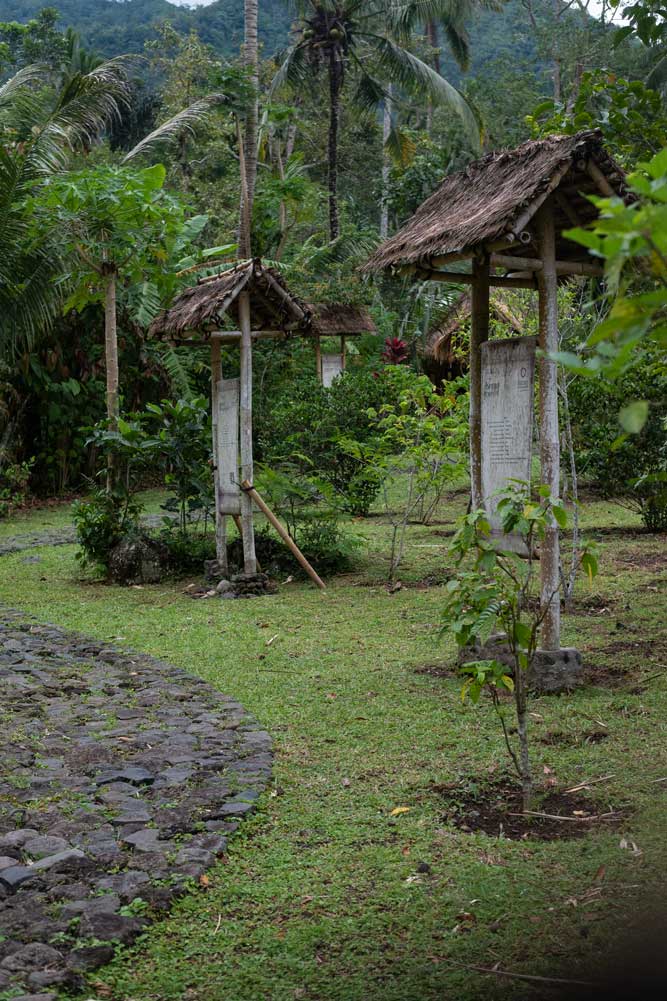
This very ethos is what drives the heart and soul of Samsara. Gus Agung explains that they could have easily created this concept along a big main road, in a high-tourism area, instead of deep in the mountain lands. But this would have taken the traditions too out of context, mere displays incongruous to their new modern settings.
Having learned about the many rites of passage — from the incarnation of a soul to its eventual return to the aether — you will be taken to the traditional paon, or kitchen. What makes Samsara different from other museums is that each display is actually in use, hence the ‘living museum’, and so someone will be cooking as you arrive, the wood-fire burning in the hearth.
“There is yoga in everything we do,” explains Gus Wis, one of the knowledgeable guides. “Even the design of the paon, how it is so low, is part of the yoga of life. As the squatting is meant to train a woman’s hips for childbirth.” He explains this as he serves kopi bali and lak-lak, a pancake-like Balinese market snack served with grated coconut and syrupy palm sugar. Many little anecdotal facts are shared through the tour, building up a picture of traditional Balinese life, and the little hidden philosophies embedded into it.
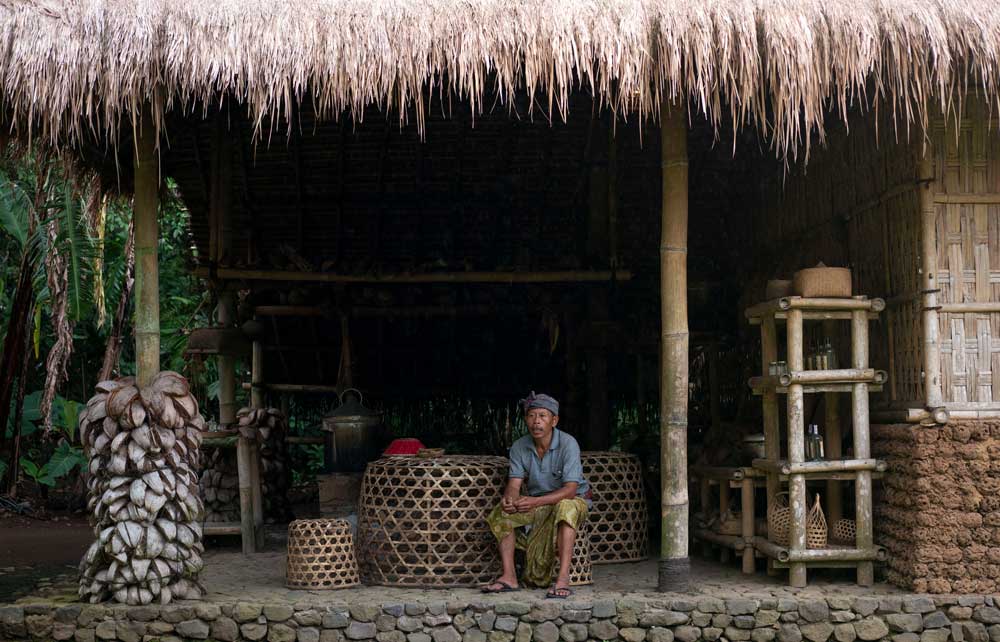
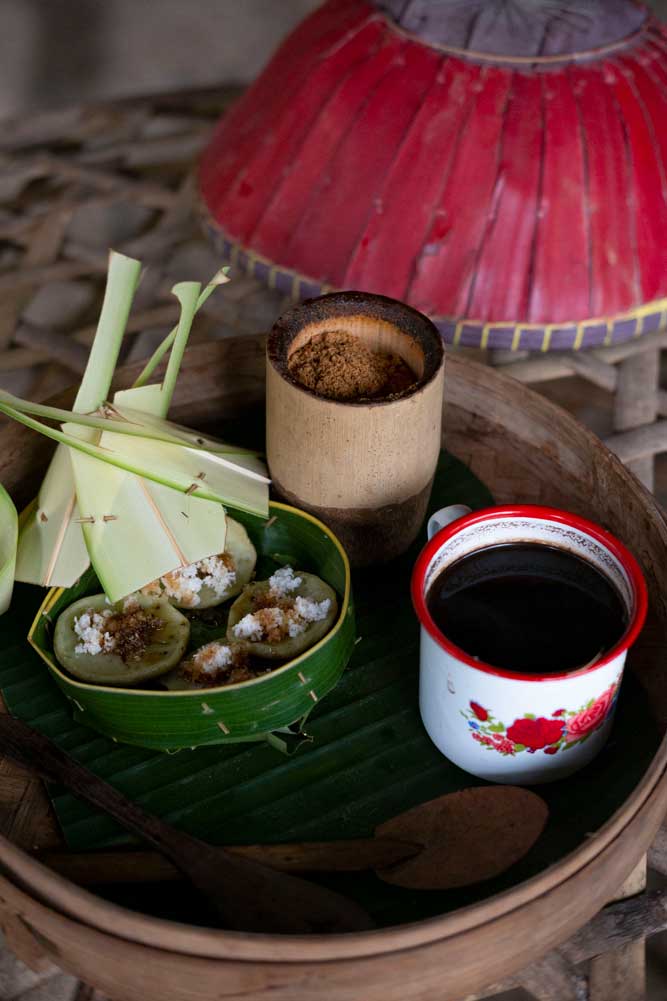

An old-world arak distillery is also on display in the kitchen, the vapours of a bubbling fermentation rising through a bamboo shoot, where it condenses and dribbles into a bottle as arak. Karangasem is famous for its arak, a spirit made from coconut or palm flower sap. Other goods are also on display in the kitchen: arak, palm sugar, salt, white pepper. These are made by the surrounding community and sold through Samsara as a means to support and showcase local produce.
The walk continues around the verdure grounds, dotted with little balés that serve different functions. In one, ladies are getting their canang sari offerings prepared for an upcoming ceremony; the next, young students practice their script on the lontar palm-leaf manuscripts; in another, a silver-maker shows her craft. Perhaps most unique is that the colourful, bursting gardens that fill the compound are growing very selected plants. These are the plants needed for the specific rites of passage presented in the initial exhibition.
Importantly, Samsara was not made for tourism alone. It serves as a place to educate the Balinese as well. “Many Balinese are taught how to do ceremonies and rituals, but rarely are we taught why,” admits Gus Wis, with disappointment in his voice.
He believes that understanding the philosophies is key to reignite interest in culture and traditions for future generations. But even more practical skills are shared: when NOW! Bali visited, a workshop on herbal remedies (jamu, loloh) was being put on for the community, hoping to bolster knowledge and skills in long-established wellness practices.
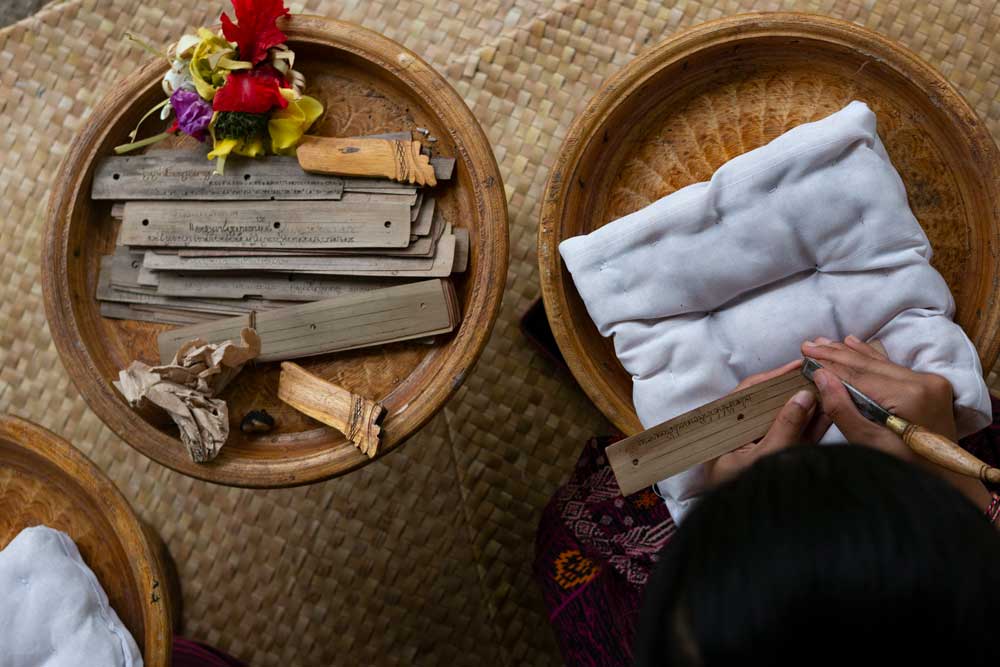
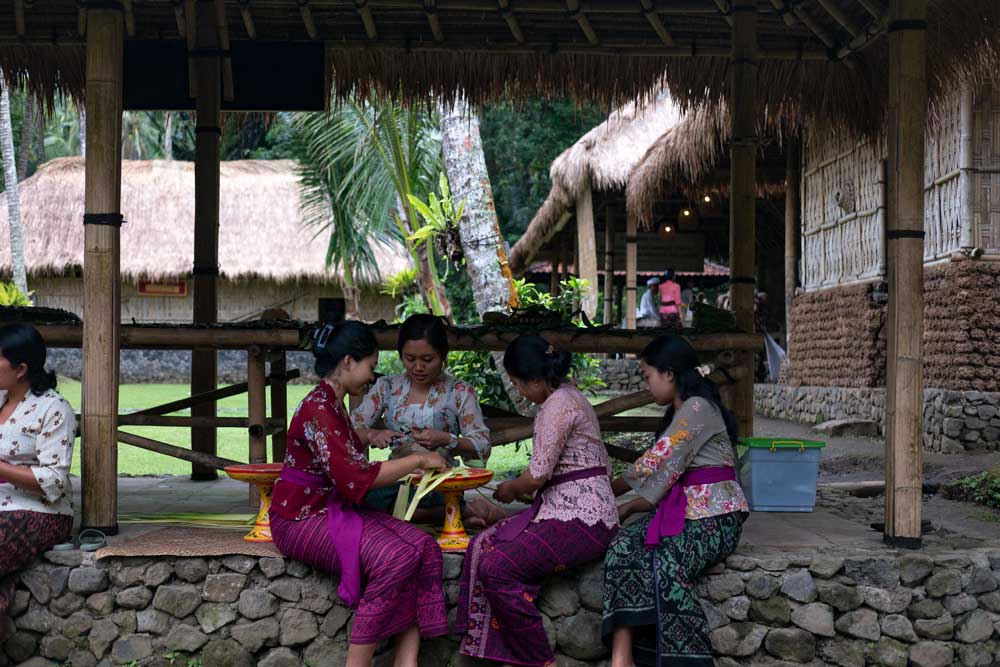
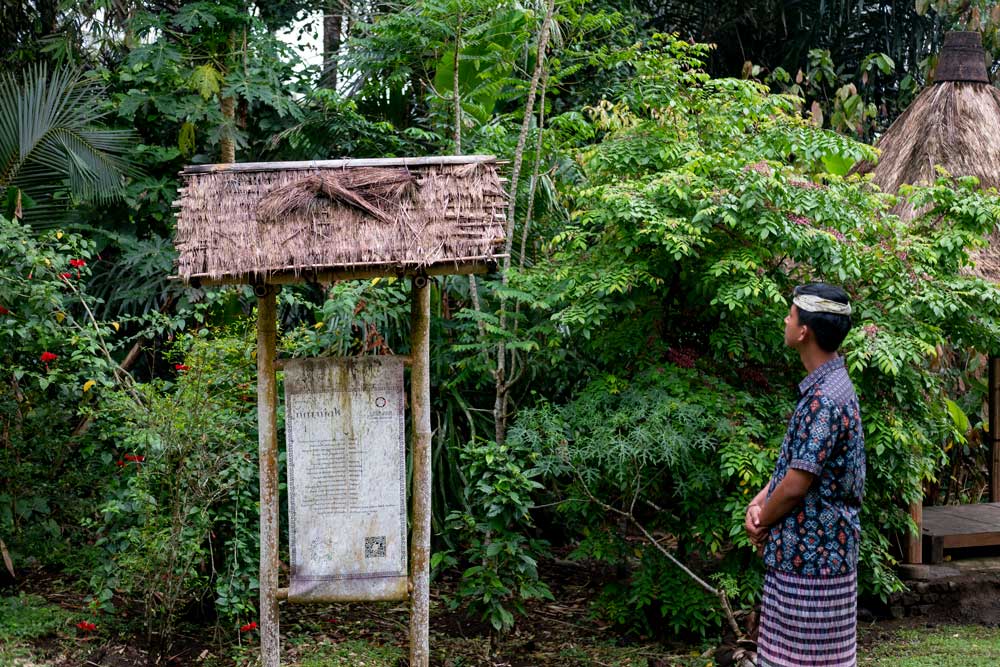
Whilst tourism is not its only function, Samsara Living Museum welcomes visitors to experience more than just the museum tour. They offer a range of workshops and activities aimed at introducing different aspects of Balinese life, including: Cooking Classes & Arak Making; Offering Making; Holy Water Blessings; a Traditional Lunch Experience; and, most intriguing is Samsara Wellness, a comprehensive half-day experience complete with a Balinese Birth Chart Reading and consultation with a pemangku (priest).
“I want people to go away with value,” says Co-Founder Gus Agung. “This is not a quick photo-op stop. I hope people can spend two or three hours to really soak up the place, learn something new and go home carrying some knowledge or a memorable experience.” This is an opinion he holds not just for Samsara, but for all of Bali, as he laments on how ‘fast and mass’ the tourism industry has become. That people are visiting places without any real impact, without imprints; a shame considering Bali has so much learning to offer.
He hopes that Samsara, along with the other five destinations in the regency (Tenganan Pegringsingan, Museum Pustaka Lontar, Museum Sanghyang Dedari and Sajeng Living Museum) that Karangasem will be experienced by ‘slow tourists’, who like to explore and absorb their surroundings. Under the umbrella of ‘Karangasem Living Museum’, they hope that the regency can be one to preserve Bali’s authentic traditional identity, one that so many travel far and long to witness and experience.
Samsara Living Museum is open Monday to Sunday, 9AM to 4PM. It is approximately a 2-hour drive from south Bali. Museum visits are IDR 100.000 per person, but to make the most of your visit book an activity or workshop, which is best booked one day before.
Samsara Living Museum Bali
Jl. Telaga Tista, Jungutan, Karangasem
0822 3633 6629 | @samsaralivingmuseum
samsarabali.com

